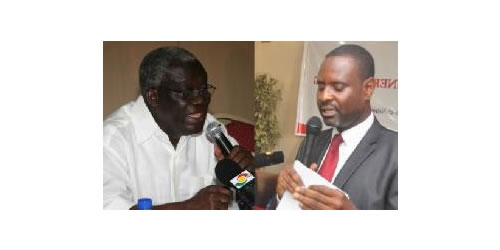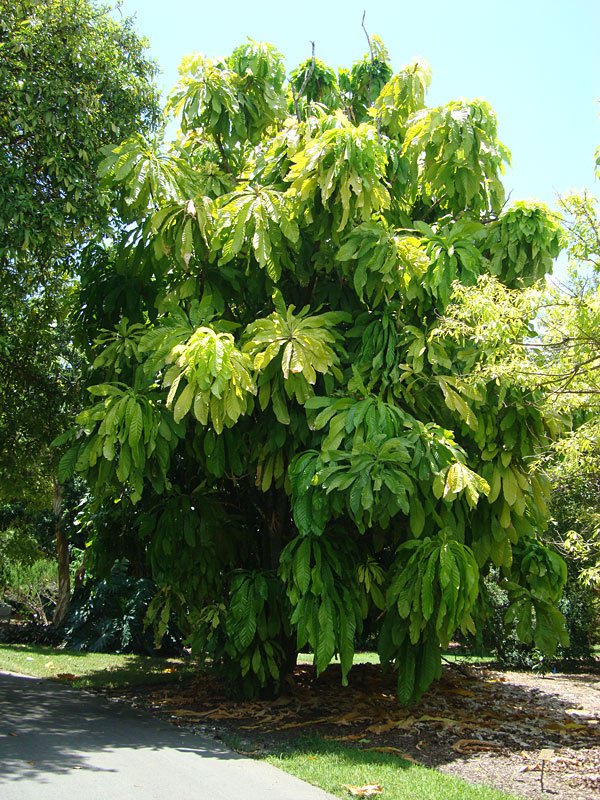Moves to increase utility tariffs: AGI, TUC up in arms

The Trades Union Congress (TUC) and the Association of Ghana Industries (AGI) have kicked against proposals by the utility companies to increase tariffs.
Rather, they have asked the Public Utilities Regulatory Commission (PURC) to compel them to reduce their technical and operational inefficiencies, as the condition for tariff review.
While the TUC said consumers were paying heavily for the poor macro-economic performance and operational inefficiencies of the utility companies, the AGI said there had been no improvement in the efficiency of electricity and water supply to warrant the proposed upward review.
A statement addressed to the Chief Executive Officer of the PURC signed by the acting Secretary-General of the TUC, Dr Yaw Baah, yesterday said, “Given the circumstances in which we find ourselves today, economically, socially and politically, we do not think that this is the time for a major tariff review”.
The letter was a follow-up to a forum organised by the PURC for leaders of organised labour in Accra last month on the tariff increment where they were taken through the power situation in the country.
It stated that consumers, including organised labour, reject the proposed tariffs by the utility companies on the grounds that they lacked merit, especially in this period of power crisis and limited access to potable water.
At the annual general meeting of the Accra branch of the AGI held in Accra yesterday, the President of the AGI, Mr James Asare-Adjei, said the proposed tariff review by the Volta River Authority (VRA), the Ghana Grid Company (GRIDCo), the Electricity Company of Ghana (ECG) and the Ghana Water Company Limited (GWCL) “comes at a time that prospects for energy supply for the rest of the year still remain uncertain.”
The utility companies are proposing more than 100 per cent increment in tariffs for 2015. Ghana Water Company Limited (GWCL) is demanding 124 per cent increase in its tariff from ?GH¢1.78 for 120 gallons of water (5 barrels) to GH¢4.
The ECG, VRA and GRIDCo are seeking 101 per cent, 108 per cent and 31.26 per cent increments respectively.
According to the utility companies, the major increment was needed to alleviate the impact of the high cost of production as well as help to improve production.
As the regulatory body between the service providers and consumers, the PURC has been holding nationwide public fora on the proposals for the public to make inputs into the proposals by the companies.
Majority of the participants who took turns to share their views have kicked against any upward adjustment in tariffs, complaining about the poor services rendered by the service providers, especially with regard to the power crisis that has engulfed the nation for the past two years.
Mr Asare-Adjei said production capacities and profits continued to decline as industries shed about 100 megawatts to augment the national energy stock.
He also said the PURC had always indicated that the rate of inflation, exchange rate and generation mix were the main determinants of tariff adjustments under the Automatic Adjustment Formula.
“AGI is of the view that these factors that trigger tariff adjustment largely stem from the country’s weak macro-economic fundamentals and inefficiencies of the utility companies. It is, therefore, unfair to offload the consequences of such inefficiencies onto consumers,” he said.
Mr Asare-Adjei added that businesses were not responsible for the cedi’s depreciation and, therefore, had difficulty paying for the exchange losses that were always factored into the pricing of utility tariffs.
According to him, the technical and commercial losses that consumers continued to pay for “are unacceptable”, and indicated that “businesses cannot continue to bear the brunt of such losses.”
The AGI President called for a review of the current electricity tariff structure since the current situation where industry subsidised the cost for residential consumers’ eroded competitiveness in industry.
He asked the government and its departments and agencies to fulfil their tariff obligations to the utility companies to enable them to provide quality service to the other consumers.
Mr Asare-Adjei charged the government to honour its promise to improve the power situation and end the current load management by the end of this year.
“The government must honour its promise, which is to the effect that the erratic power supply situation will truly become a thing of the past by the close of the year to restore the confidence of businesses in the economy,” he said.
The AGI President also said in the meantime, the PURC and all the utility companies should improve their service delivery.
“The AGI believes it is about time consumers demanded value for money and efficiency in service delivery by the utility companies,” he said.
Additionally, he said the AGI requested adequate consultation with industry on any future tariff reviews to ensure that industry’s interest was adequately catered for.
But the Minister of Power, Dr Kwabena Donkor, justified the need to increase electricity tariffs and said, “Ghana is shifting from cheaper means of generating power, hence the need to pay a cost-reflective tariff to cover the cost of generation as well as expanding the capacities of the systems in place to guarantee the stability of power”.
The GWCL also justified its demand with the excuse that the tariffs were needed to enhance its operations to enable it to provide potable water to more people.
The Managing Director of the GWCL, Mr Frederick C. Lokko, said the government used to guarantee loans for water projects, but the company now had to do that, hence the need for the tariff increment to ensure efficiency.
The TUC, nonetheless, argued that the PURC should first consider the availability and reliability of power and water before a review of tariffs.
“It is only when the people of Ghana, including workers in both formal and informal sectors of the economy, are sure of a reliable supply of power and water that they can be convinced to pay higher tariffs,” it stated in its statement to the PURC.
While blaming the energy crisis on a long-term policy failure in the energy sector, the TUC indicated that the crisis had increased the operational cost of businesses and thousands of Ghanaians had lost their jobs.
The signing of an emergency power agreement to stabilise the power crisis would be expensive for consumers, the TUC indicated, adding, “we share the view that the influx of the expensive emergency power generators would not have been necessary if we had managed installed capacity efficiently.”
The emergency power producers, it said, were only coming to take advantage of the energy crisis and worsen the plight of Ghanaians because they were likely to drive tariffs beyond the pockets of ordinary citizens.
Source: Graphic.com.gh




